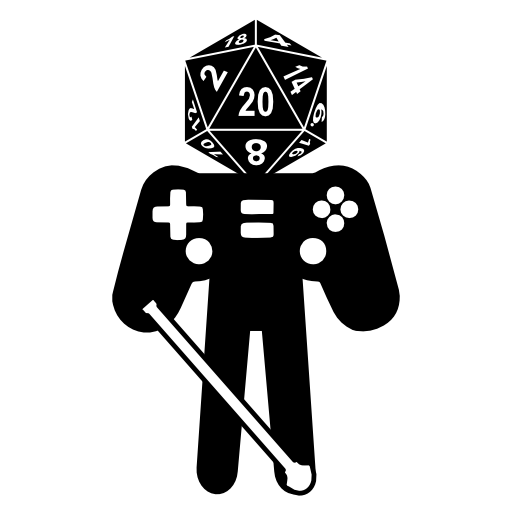Huberman is a clown. Strong Medicine (channel by an actual MD) made a good video where he politely calls out Huberman.
First time I hear about him and he sounds like one. The misinformation out of extrapolation and speculation type.
Nice and thoughtful video, thanks for sharing! But he calls out two tweets of him, saying that Hubermann probably doesn’t really think that way, so saying he is a clown is perhaps a bit much? I enjoy his podcast a lot, but I fully get the point that Strong Medicine makes. Nevertheless, Hubermann gives a lot of very nicely packaged advice, on how to tweak here and there to get a bit more from one’s everyday life - but those tweets are really horrendous I must say
I like Huberman but he’s too dunked into social media and I have no interest in supplement health. He often talks like someone who spends too much time on twitter. But he’s got some solid guests and great topics that often compliment what I do with my therapist.
I’d hate for people to pick up on this thread and immediately say everything he does is useless or misinformed. I don’t listen to everything he does because they are long podcasts, and I don’t like podcasts in general, but people here can be helped by listening to some of it. Depression, menopause, emotional intelligence, motivation, sleep - well informed guests and Huberman leaves them to do most of the talking.
Definitely not a clown though. That’s a bad take.
There’s a reason why the vast majority of MDs familiar with Huberman regard him as a joke.
That was a great video! James takes these things rather seriously when compared to other coffee people. For example, there are lots of people who say you should rinse the aeropress filter or stop pushing once you hear the hiss, but James said those things don’t matter, so why bother with extra steps like that. The same idea applies here. There are lots of strange but appealing ideas floating around, but many of them are not worth your time.
He does seem to, where possible, taste blind and take serious efforts to exclude confounding factors.
If it weren’t for Hoffman doing this sort of thing with grinders I’d have been intensely skeptical that there was anything more than a placebo difference between a fairly decent grinder and a very good one. At least if his videos are to be believed (and I am inclined to), he consistently distinguishes grinders even at a fairly similar price point.
There is such a great message about scientific method and using critical thinking skills in the modern day.
I was surprised by the lack of correlation between caffeine intake and sleep quality, but the takeaway, for me, is that if they were specifically looking into that, they’d need to control for other factors. And n=5 is pretty small.
Interesting stuff.
And you would need to include exteme cases to make the effects visible. Having two cups a day might not be enough, and 4 might just approach the limit. People who drink like 10 cups a day should stand out in a study like this.
You could maybe work this out from a meta analysis of the studies about caffeine and focusing, where the control group is actually just in withdrawal.
Maybe? I was surprised to hear James saying he hadn’t had any caffeine on multiple days.
One coffee a day? Those are rookie numbers!
Joking aside, that could mean there’s already significant variance in their intake.
I drink about two cups a day (400 ml in total), and I definitely get a headache if I drop my caffeine intake too suddenly. If I was adapted to drinking much less, then I might be able to go an entire day without noticing anything, but at the current level, it’s just not going to happen. Did James mention how much coffee do the participants normally drink every day? If they are all in the 1 cup club, these results are only exploring one extreme of the scale.
I think their normal intake was 4 or 5 coffees. I’d expect to feel **something ** cutting down from that to 0. Maybe the decaf placebo really worked for them, most days?
Also, it will have been either a modest variation in caffeine intake, or else a variation in modest intake (e.g. adjusting intake say from 6->5, 2->1 or 1->0). These are people who’ve already stabilized their caffeine intake to not disrupt their lifestyle, and were just adjusting that sometimes to remove the first coffee of the day.
I wonder if his study was simply underpowered, and there may be a real but small effect.
An underpowered study is one that doesn’t get statistically significant results for a real effect because there is not enough data collected to distinguish between a small effect and random chance.
Great video, per usual from James. I like the takeaway of “be wary of simple mechanisms decisively affecting complex situations” both in this context and in general






